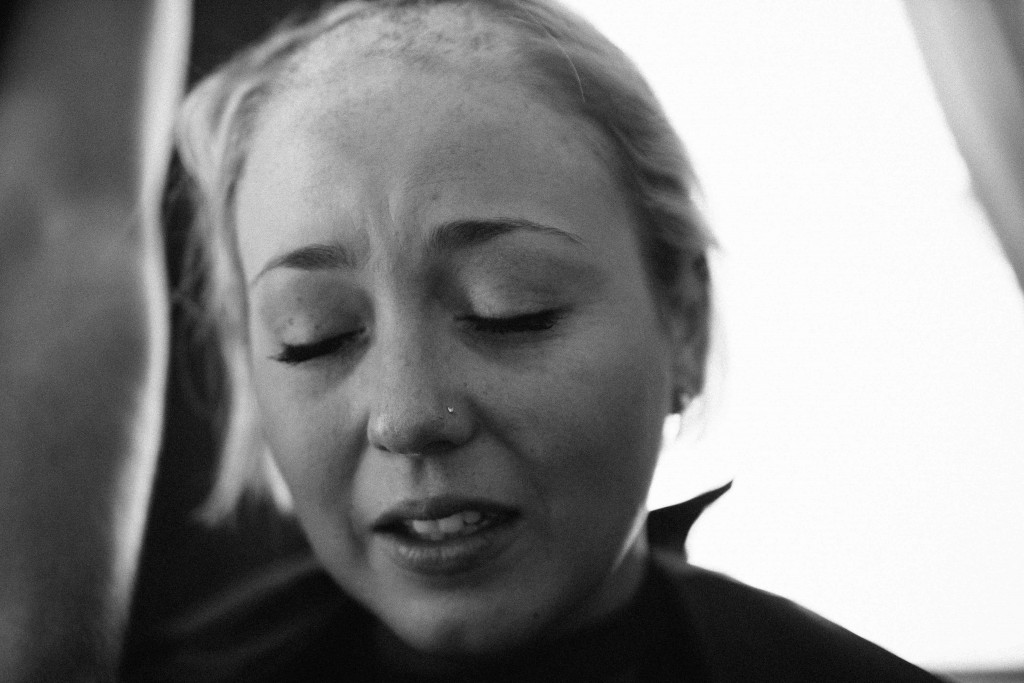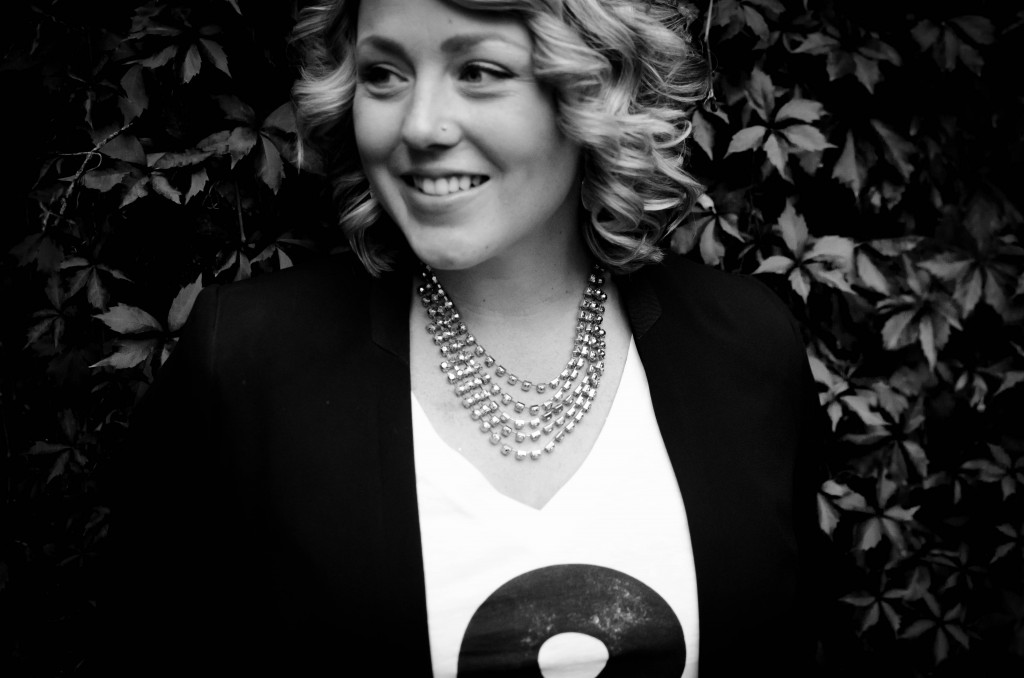
It follows no timeline, has no standards, and does not discriminate. No amount of preparation, readiness, or allowance can ease the process. It comes and goes and rarely gives you a heads up of its impending arrival. It’s sneaky. It’s complex. It’s never simple. Grief is oh so good, yet oh so bad. It is equally painful as it is soothing. Grief is confusing. And though it is healthy and necessary, the majority of us avoid grieving because we simply cannot understand it.
Last week was a doozy. I found myself stuck in bed for the majority of Tuesday and I couldn’t figure out why. As usual, I went to the gym first thing in the morning. Typically that gets my endorphins running and sets the tone for my day and, while it worked for the moment, I still found myself slowly colliding with an invisible force. No amount of caffeine riddled pre-workout supplements nor the natural rush of dopamine and serotonin could combat the stealthy reflexes of grief.
I came home and went through my checklist of to-do’s as Matt left for work. Soon, I was crying. Soft, quiet tears rolled down my cheeks as I tried to search for a reason why. I looked in the mirror weeping with brows furrowed in confusion, as if searching for the answer in my own eyes. My tears were exhausted, reflective, and sad. But why? After all, I’m cancer free! I’m healthy and active. My energy has returned and I’m able to accomplish things I wasn’t able to for years. My business is building and beginning to thrive. My relationships are fulfilling. I’m happy. I’m joyful. None of these attributes should evoke tears… at least not despondent ones.
So, I continued about my day. Instead of seeking a new coffee shop, or even settling into my home office, I grabbed my laptop, notebooks, pens, and a soft blanket and retreated to the comforts of our bed. I began to work. I answered emails, brainstormed business ideas, and read a few pages of a newly purchased book. Yet no matter what I did to try and distract myself, I couldn’t shake the heavy burden. Instead of fighting it, soon I gave in. I surrendered and allowed myself to walk through the emotions, regardless of if I could understand them or not.
Grief is invisible, yet so tangibly present. It’s not an opponent that can be defeated because it’s not an opponent at all. Throughout my years of grieving, brought on suddenly by my diagnosis of cancer, I’ve learned that grief isn’t my enemy. Grief is a hand held out, bringing me through the darkness and offering light at the end of the tunnel. Grief is good. It’s a sign of healing and recovery. Of movement and growth.
I get trapped into thinking that because I’ve overcome and have reached the light at the end of the tunnel, there is no longer room for grief. However, it doesn’t always work that way. Grief follows it’s own patterns and rules, remember? After a few days of allowing grief to guide me, I began to understand. I was able to identify my emotions, thoughts, and feelings. The time I spent fighting cancer was undefinably difficult. Yet, the time after cancer is difficult, too, in it’s own ways. I’m still not quite sure who I am after all of this. I know my purpose, but I fear not fulfilling it. The exhale of life after is much longer than I expected. What I’ve learned is that grief can’t always be pinpointed to a single moment or tragedy. I can say with generalization that cancer is the cause of my grief, but it’s much more complex than that. For instance, if you were to ask me why I was sad, I wouldn’t have an answer. Grief cannot always be defined, and that’s okay.
The truth is, life after [fill in the blank] is hard for all of us. We expect things to be nice, full of happiness and ease, at a certain point after tragedy. We put parameters on our grief and set deadlines for when it should end. If only. Many who have walked through tragedy find that grief can be triggered years later in the most unassuming ways. Some deny grief, trying to suffocate it, in hopes that it’ll go away. Unfortunately, that never works. Grief is meant to be experienced. If we attempt to avoid, ignore, or deny it, it often shows up with exaggerated force. But the opposite isn’t helpful either. If we hold onto grief for longer than necessary, it can turn into an impossibly heavy burden that we aren’t meant to carry.
Grief is… good. In the end, it really is. It’s worth it. It’s hard and uncomfortable and untimely. Yet, when we allow ourselves to view grief as a hand held out, guiding us to complete healing, our lives can be changed. Grief offers perspective, and as long as we walk through it for the amount of time we are meant to, it can lead to restoration. Grief is painful because it reminds us of our loss, but it is soothing because it transforms our tragic memories, thoughts, and emotions into those of honor, reverence, and even celebration. When we grieve, we allow the pain to be soothed by joy, by hope, and by faith. Grief is the final step to reaching the light at the end of the tunnel and without it, we’re simply trapped in our tragedy. Press forward. There is light at the end of it.
Matthew 5:4 (MSG)
“You’re blessed when you feel you’ve lost what is most dear to you. Only then can you be embraced by the One most dear to you.”



